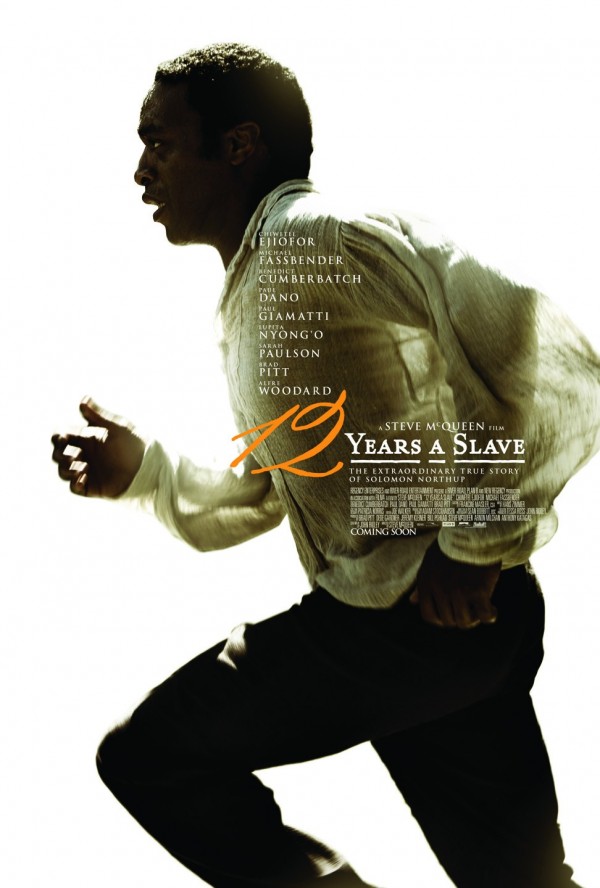![]() FRESH AIR: “We love being the country that freed the slaves,” says historian David Blight. But “we’re not so fond of being the country that had the biggest slave system on the planet…most Americans want their history to be essentially progressive and triumphal, they want it to be a pleasing story. And if you go back to this story, it’s not always going to please you, but it’s a story you have to work through to find your way to something more redemptive.” That’s why Blight was glad to see the new film 12 Years a Slave, an adaptation of an 1853 memoir by Solomon Northup. Northup was a free black man who was kidnapped into slavery in 1841 and won his freedom 12 years later. “We need to keep telling this story because it, in part, made us who we were,” Blight tells Fresh Air’s Terry Gross. Blight is the director of the Center for the Study of Slavery, Resistance and Abolition at Yale University. His 2007 book, A Slave No More, includes the recently discovered narratives of two former slaves. He’s currently writing a biography of Frederick Douglass, who after escaping slavery, wrote perhaps the most famous and important of all slave memoirs and became an influential abolitionist. Blight joins Gross to explain where this memoir fits into the genre of slave narratives, and to review the accuracy of the film. He says the movie does an excellent job of depicting “just how much slaves were utterly commodities, physical commodities in the slave trade.” MORE
FRESH AIR: “We love being the country that freed the slaves,” says historian David Blight. But “we’re not so fond of being the country that had the biggest slave system on the planet…most Americans want their history to be essentially progressive and triumphal, they want it to be a pleasing story. And if you go back to this story, it’s not always going to please you, but it’s a story you have to work through to find your way to something more redemptive.” That’s why Blight was glad to see the new film 12 Years a Slave, an adaptation of an 1853 memoir by Solomon Northup. Northup was a free black man who was kidnapped into slavery in 1841 and won his freedom 12 years later. “We need to keep telling this story because it, in part, made us who we were,” Blight tells Fresh Air’s Terry Gross. Blight is the director of the Center for the Study of Slavery, Resistance and Abolition at Yale University. His 2007 book, A Slave No More, includes the recently discovered narratives of two former slaves. He’s currently writing a biography of Frederick Douglass, who after escaping slavery, wrote perhaps the most famous and important of all slave memoirs and became an influential abolitionist. Blight joins Gross to explain where this memoir fits into the genre of slave narratives, and to review the accuracy of the film. He says the movie does an excellent job of depicting “just how much slaves were utterly commodities, physical commodities in the slave trade.” MORE

